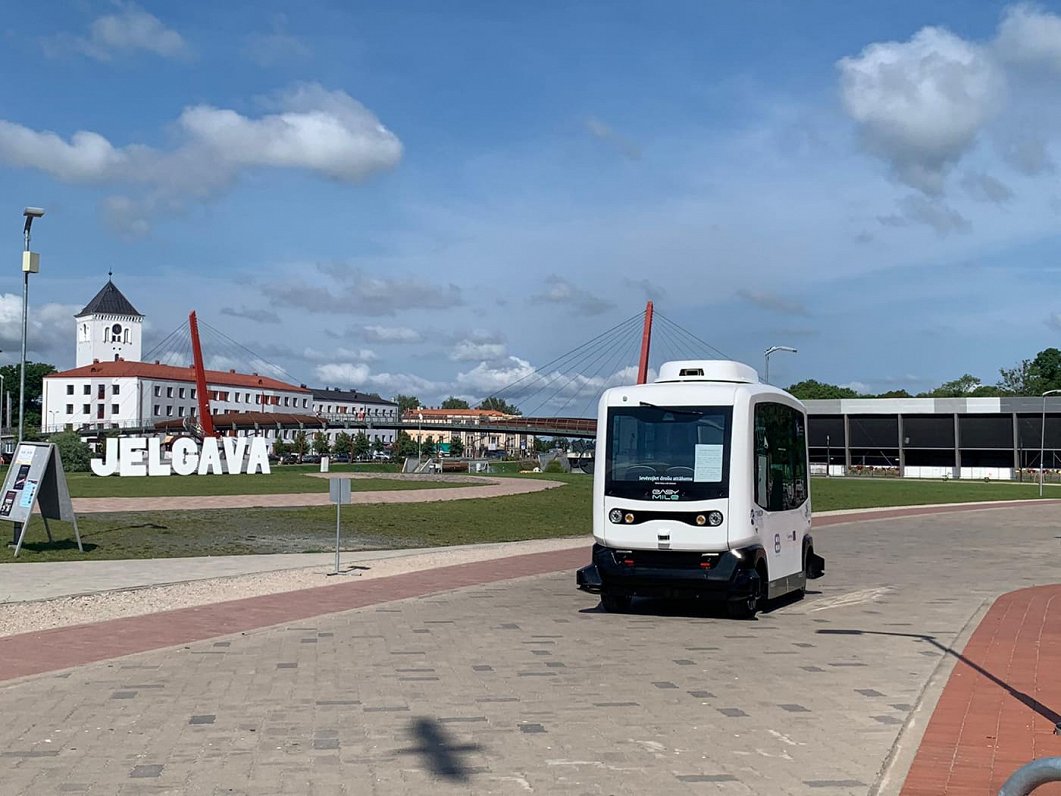Much of Latvia was ravaged by the world wars, but few places suffered as tragically as Jelgava.
As the capital of the Duchy of Courland, this metropolis 50 kilometres south of Riga was an architectural pearl and a centre of culture and learning, staging Latvia’s first opera performances and hosting its oldest university. But in 1944, it became the “Latvian Stalingrad,” as the Nazis and the Soviets fought over it for three months, destroying 90% of the city.
Adding insult to injury, the communists later bulldozed most of what was left, leaving just a handful of reminders of former grandeur, like the Rastrelli-designed palace.
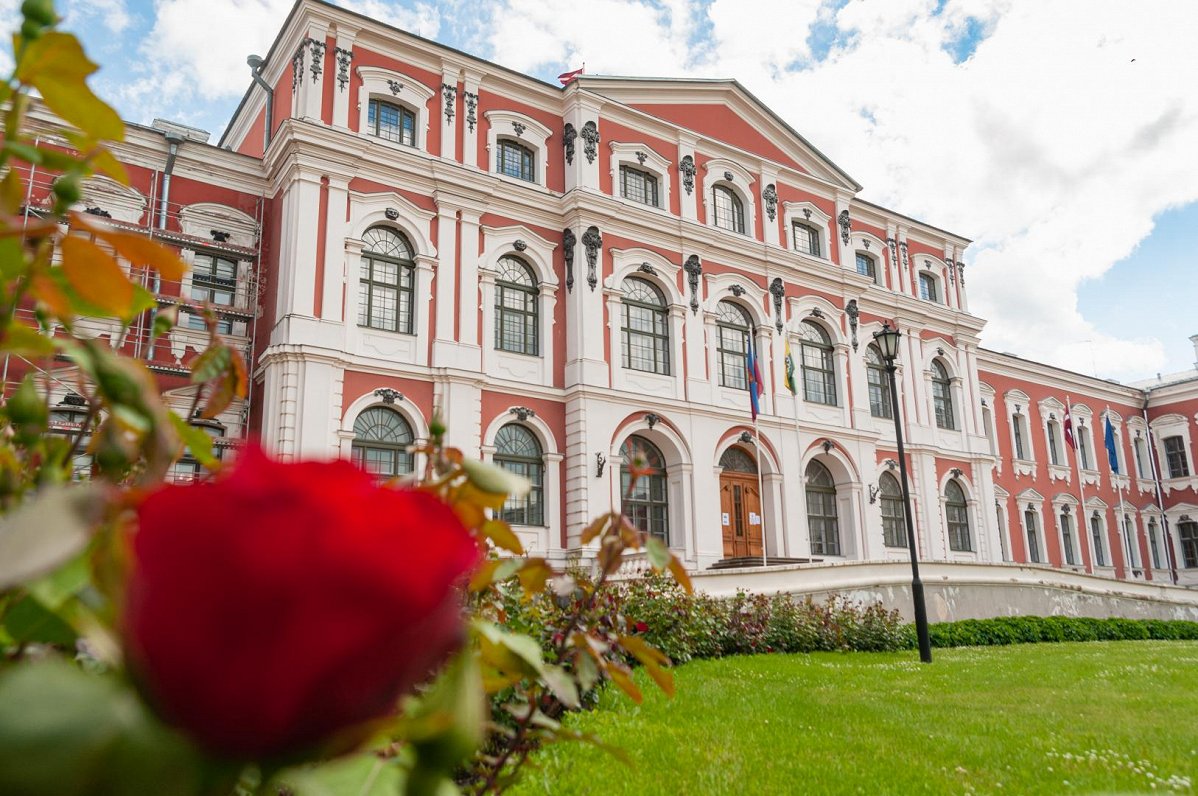
Fortunately, Jelgava’s 55,000 people are an indomitable breed. Making the most of what they’ve got, they have produced innovators like drone manufacturer UAV, and pop idols like rock group Prāta Vētra.
And local officials believe the city's story can inspire others.
“Jelgava is the equal of any other city, a European metropolis with a unique heritage,” says Madara Gruntmane, a poet and project leader for Jelgava’s European Capital of Culture bid. “Although it suffered greatly, it ultimately bloomed like a flower in the meadow.”
Although Jelgava’s Soviet architecture wouldn’t win a beauty contest, in recent years the urban landscape has been significantly upgraded, particularly around the Lielupe River embankment. And there are strong cultural resources, too. The “rock school” nurtures musical talent, while the city has rich sculptural traditions like the annual sand festival. It has a large and vibrant student population. And projects like the introduction of wild horses on Pils sala, an island in the heart of the city, reveal a wonderful blend of environmental sensitivity and imagination.
According to Madara, the challenge for 2027 is to build on these initiatives and give them a more contemporary flavour.
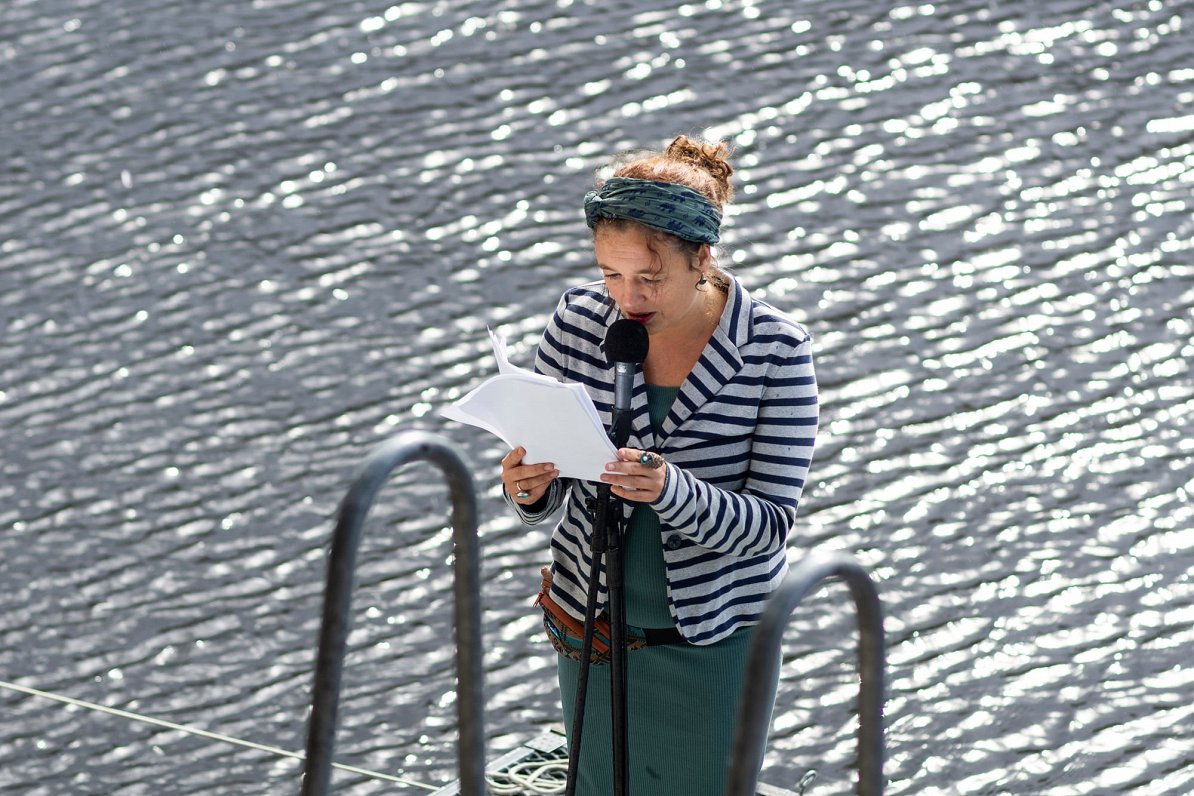
“We can start writing a new cultural history while nurturing our traditions,” says Madara.
New infrastructure is planned. Creative quarters will be opened in an old prison and a disused airfield. A new multifunctional centre with a big stage will ease the pressure on the existing house of culture, complimenting an existing open air auditorium on another river island, Pasta sala.
Beyond the city, an “Escape” programme will focus on the elegant manors of Jelgava County, and boat trips on local rivers will whisk patrons to al fresco cinema screenings.
The municipality has held focus groups to discover residents’ cultural ideas, and surveys reveal that 95% of Jelgavans are enthusiastic about the ECC effort. Even the Covid crisis hasn’t stopped Jelgava’s cultural juices from flowing. The sand sculpture festival has been revamped to fit social distancing rules, and more permanent outdoor artworks can be enjoyed without entering a gallery. A street art programme offers a creative platform for teenagers.
“During the pandemic, people have been willing to try lots of things,” says Madara. “And whether we win or lose, the work continues, because our creative energies have been unleashed.”
Top five attractions around Jelgava
We asked Evita Valdmane, a family doctor in Jelgava, to share her favourite spots to relax in her native county.
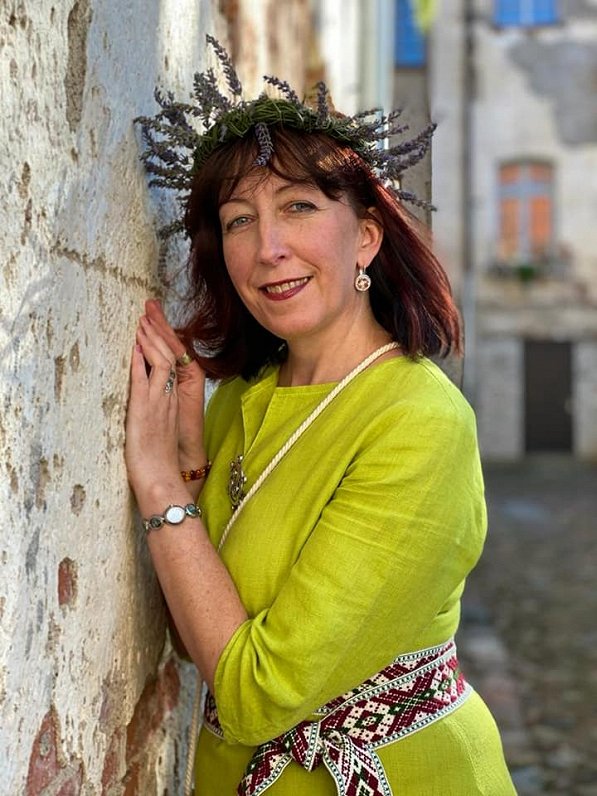
- A day in Jelgava
Start by ascending the tower of Holy Trinity Church for a bird’s eye view of the city. Then check out the museum dedicated to the classic painter Ģederts Eliass, housed in the beautiful 18th century Academia Petrina. Drop into the lovely timber home of Latvian theatre pioneer Ādolfs Alunāns, or shunt off to the Railway Museum, a favourite of Evita’s son. Finally, indulge your sweet tooth at the Caramel Workshop.
- Boat trips
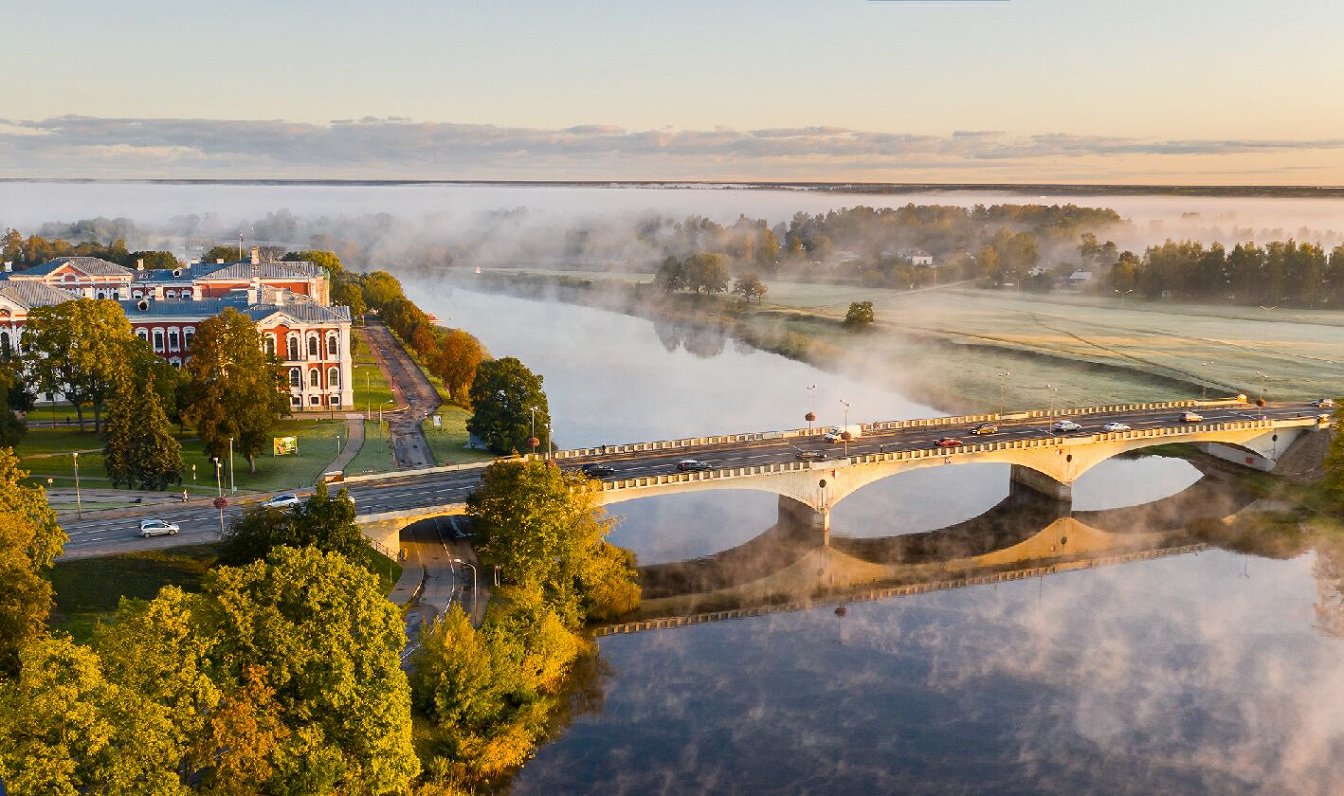
Viewing Jelgava Palace and the horses on Pasta sala from the water offers “a beautiful atmosphere without getting your feet wet,” enthuses Evita. Longer journeys on the Lielupe, Iecava and Misa rivers can also be arranged.
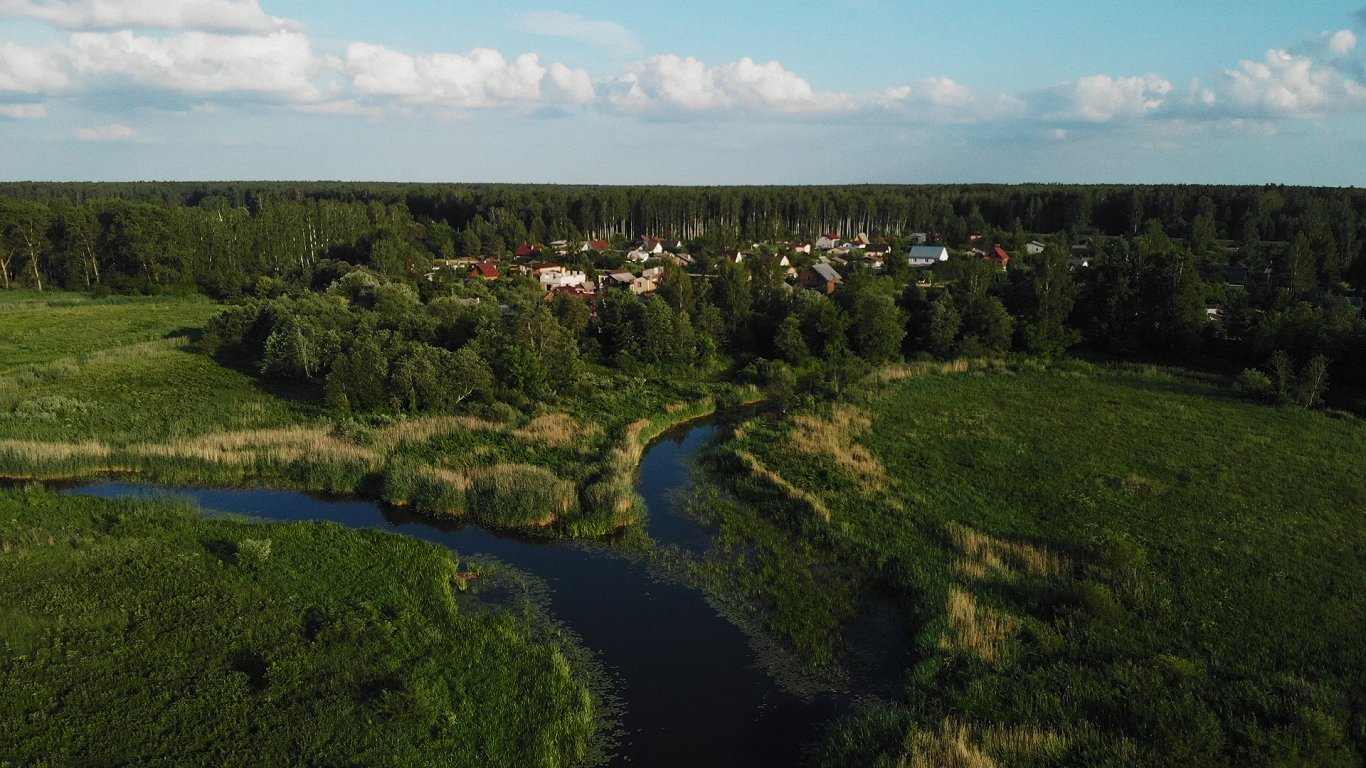
Nature is right on Jelgava’s doorstep, as this beautiful nature reserve in the eastern suburbs proves. Discover a rich ecosystem of flowers and birds on the gravel paths and boardwalks along the Svēte River.
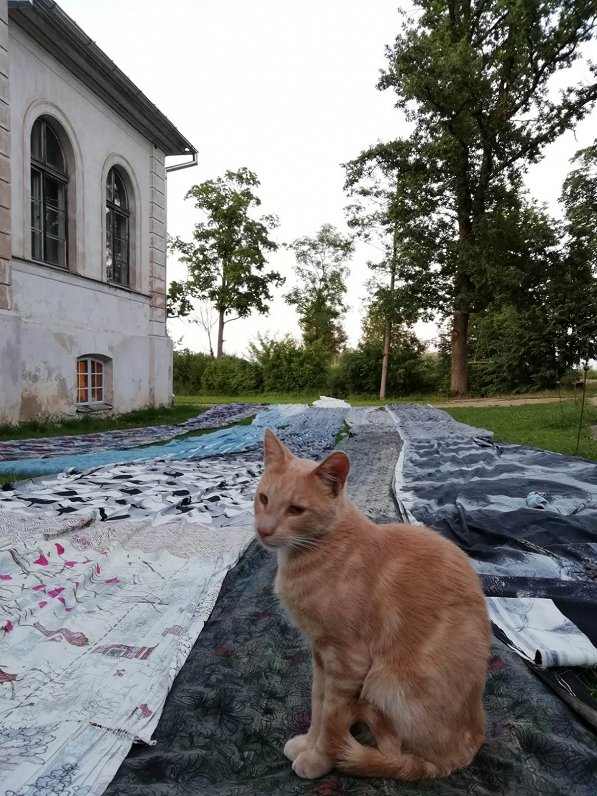
This fine pre war county mansion south of Jelgava was in a sorry state until an enterprising family began restoring it a few years ago. Today it houses a boutique hotel, the largest ceramics kiln in the Baltics and facilities for seminars and cultural events. A brace of house cats and feline artworks will leave you purring with delight.
Evita invites you to come and see her home village, a few kilometres east of Jelgava. Charming 18th century Staļģene Manor hosts a school and a small local history museum, while a cultural centre is located in the former servants’ quarters. The parish also has some interesting modern churches and chapels built by foreign Latvians with roots in the area.
